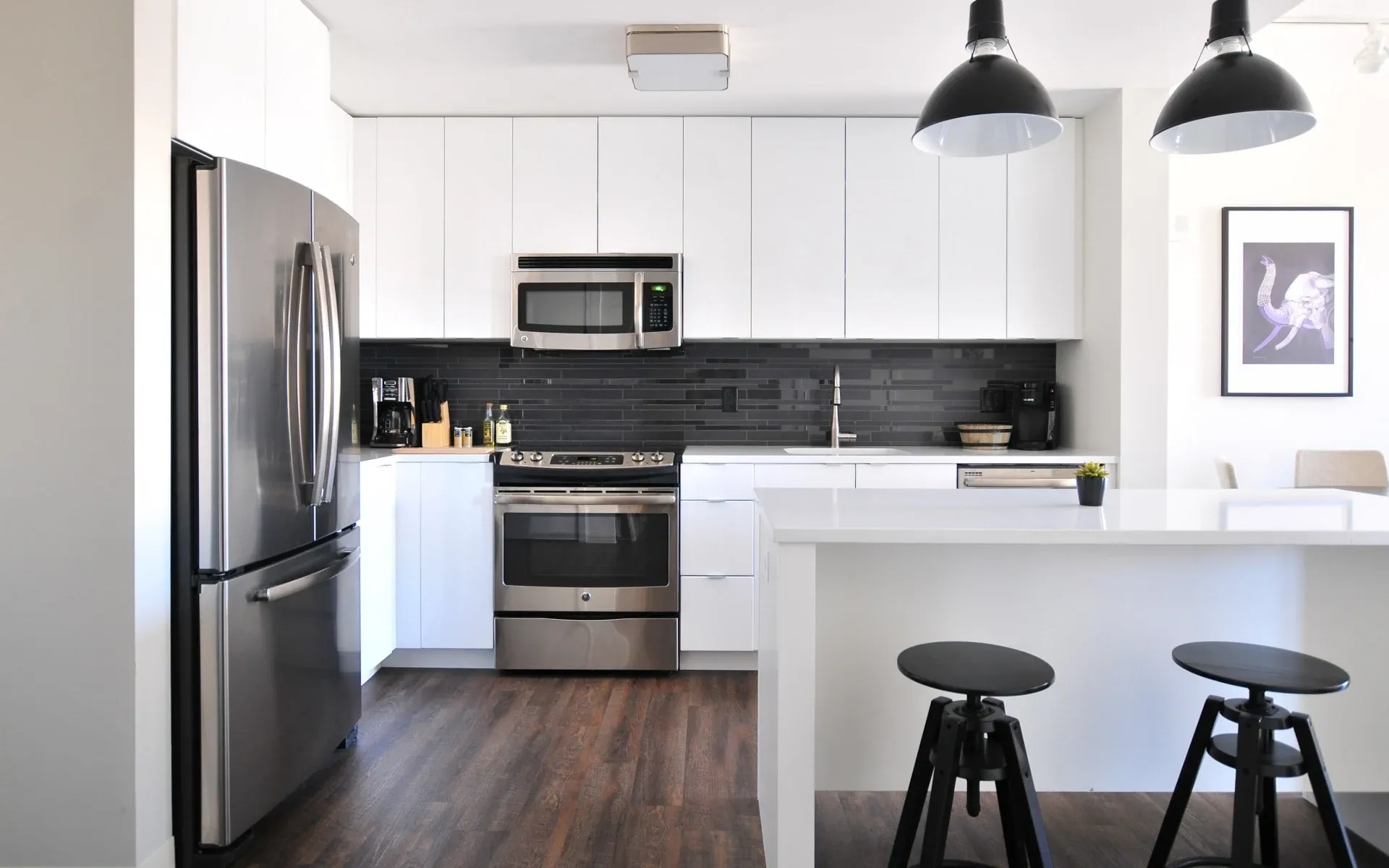How to Navigate the Corona Virus Crisis as a Landlord
Over the past several weeks, we’ve found ourselves in truly uncharted territory. Nearly everyone around the world has had to make significant changes to their daily lives to combat the spread of coronavirus and, for many of us, the economic implications are just as severe.
We’ve had a lot of landlords asking us for advice on how they should handle this crisis. There are a lot of uncertainties for landlords right now. We’re all asking ourselves questions like:
What if my tenants can’t pay the rent?
What if they get sick?
What if I need to show a property?
What if I need to evict someone?
These are all real fears, so we’d like to take some time to address them. Here is our best advice for landlords during these trying times.
Communication is key
The first thing you should do to alleviate any issues related to the coronavirus is to simply communicate with all of your tenants.
If you’re like us, you’ve already received close to one hundred emails from various companies about the coronavirus crisis—and you probably don’t care about most of them. But this is likely the one email that your tenants are anxiously awaiting.
Whether it’s a phone call or an email, be sure to reach out to your tenants as soon as possible to let them know you’re aware of the situation, you understand there may be complications, and you’re doing everything you can to make sure everyone gets through this crisis.
And we shouldn’t have to say this, but please make sure your tenants are all safe and healthy before harassing them about rent! You may also want to share some best practices for avoiding infection and keeping your tenants safe. The World Health Organization is always a reliable resource to consult.
The rent question
This is the one we’re all worried about. What happens if my tenants lose their jobs and can’t pay the rent?
This is a difficult situation for landlords to navigate, and the first thing you need to do is accept the fact that rent might not come in on time. Hopefully, you have a nest egg built up for situations just like this—and if not, let this be a lesson!
As mentioned above, we’d recommend first reaching out to your tenants to see if they are anticipating any problems with paying rent. Don’t offer a solution at this point—just wait for their response and then act accordingly.
The reality is that you have every right to request that rent be paid on time. However, that may not be the greatest move. It’s very unclear at this time, but landlords may be unable to evict tenants in the immediate future—and the idea of evicting a tenant, cleaning a property, and finding new tenants during a pandemic doesn’t sound all that appealing.
With that said, here are a few options to consider if you are having trouble with your tenants paying rent:
Offer to forgive late fees.
Postpone when rent is due.
Offer a payment plan.
Offer to lower or remove rent increases if they keep payments on time.
Offer various tasks or jobs they can do for you to lower rent payments.
If a tenant tells you that they are truly unable to pay the rent, you are well within your limits to request documentation for their loss of income and documentation proving they have no additional funds to pay you.
Our best advice is to work with your tenants during this time. Be considerate of the problems they’re facing and do what you can to come to a mutually-beneficial agreement.
If it means missing a mortgage payment, so be it—there are many efforts coming down the pipeline for mortgage and debt relief. If you’re barely able to make a mortgage payment, you may be better off saving your money for your own needs and any essential repairs that might come up.
Maintenance
Another question many landlords have right now is how to deal with maintenance issues. If you’re handling maintenance yourself, you don’t want to be going into people’s homes and getting infected. And if you’re dealing with an outside vendor, they may be reluctant to do this work as well.
The simple answer is that all non-essential maintenance fixes should be postponed until after the crisis has dissipated. Your tenants can live with a squeaky door or a dripping faucet, but serious issues like leaks and heating problems will still need to be addressed—there’s just no avoiding it.
This is, again, something you’ll want to communicate to your tenants as soon as possible!
Cleaning
For landlords that own multi-family properties, we highly recommend increasing the frequency of cleaning for common areas like hallways and stairways. If possible, consider sanitizing commonly-used surfaces like door handles and mailboxes daily or every other day to minimize the spread of infection amongst your tenants.
If you are cleaning these areas yourself, be sure to wear protective equipment like gloves and masks to minimize your chance of infection. And just like everyone else, be sure to keep yourself safe by washing your hands frequently and practicing social distancing!
These are tough times for everyone, but they’re especially tricky to navigate as a landlord. If you have further questions or you need assistance during these times, please get in touch. We’d be happy to help however we can.










